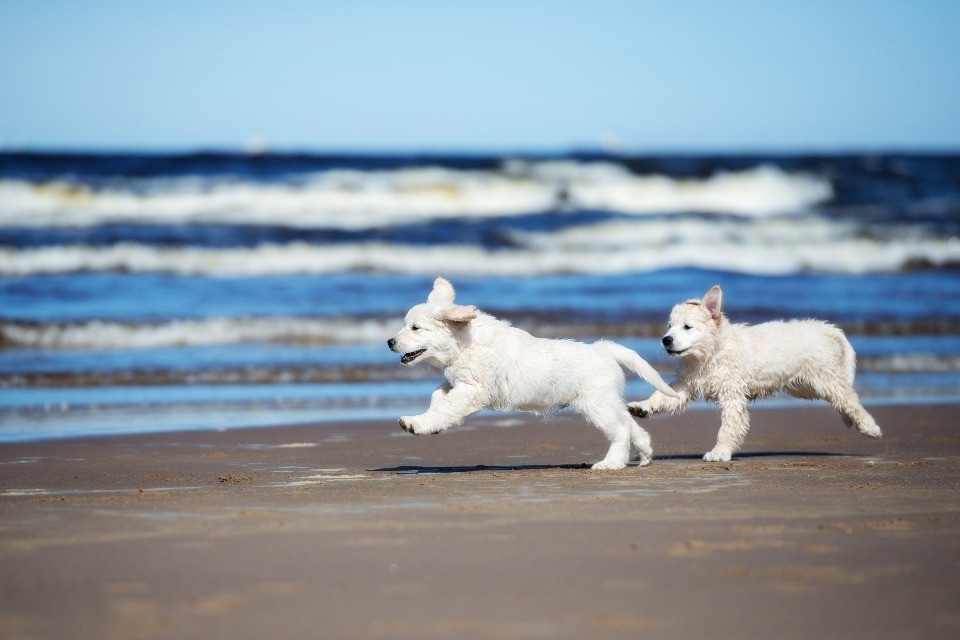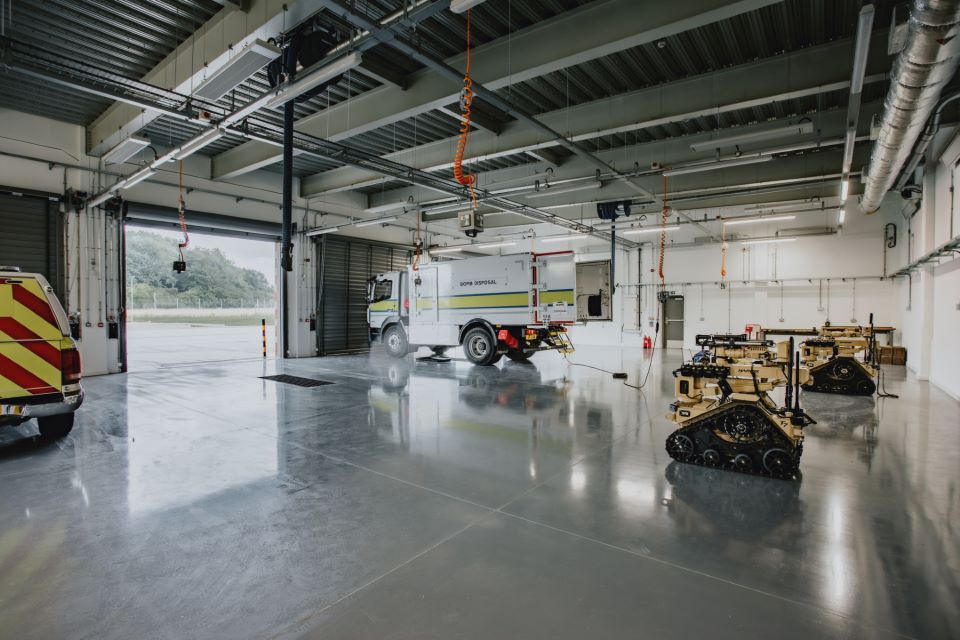New, groundbreaking research to protect both animal and human health from antibiotic-resistant infections is underway to develop the world’s first dedicated surveillance system in healthy dogs and cats, the Veterinary Medicines Directorate (VMD) has announced.
Over half of UK adults own pets and live with them in a shared environment, meaning that bacteria, including resistant bacteria, can spread easily between animals and people. All animals and humans have bacteria in their bodies and in many cases these bugs do not cause any harm. However, some bacteria can be resistant to antibiotics which can lead to serious human or animal health consequences if they cause an infection. Through this study, the VMD seek to understand more about the levels of antibiotic-resistant bacteria in household pets across the UK, to better protect public health and the health of our pets.
Pet owners across the UK will be contributing to the research programme; the study aims to identify the most reliable methods for understanding AMR in dogs and cats and will include outreach to households and veterinary practices to submit faecal samples from the animals they live with and look after.
These samples will generate AMR surveillance data in healthy companion animals for the first time. Scotland’s Royal College (SRUC) will conduct the pilot study over 4 years and bring huge expertise in this field of work, having established surveillance programmes in other countries.
Abi Seager, VMD CEO said
Antimicrobial resistance is one of the most serious global health threats that we face. I am proud to launch this ground-breaking AMR surveillance project in healthy cats and dogs with SRUC, who have a proven track-record of establishing surveillance programmes from the ground-up, and this new study is a truly One Health intervention to tackle AMR.
A recent report published by the Public Accounts Committee on AMR, highlighted the need to address surveillance gaps in animals and we are pleased the VMD is already driving progress in this area.
John Berezowski, Professor in Disease Surveillance at SRUC’s Rural and Veterinary Innovation Centre (RAVIC) in Inverness, said
This initiative is critical for a better understanding of the transmission and maintenance of AMR in our pets. Our experts have worked hard to develop a practical AMR surveillance system.
We plan to follow a team approach, working with pet owners and their vets as we explore how best to collect samples for surveillance throughout the UK.
This work will build on existing surveillance programmes in animals, coordinated by the VMD. Currently, in companion animals in the UK, surveillance for AMR only covers a limited number of clinically unwell animals and no country currently has representative national surveillance of AMR in healthy dogs and cats. The work also follows a similar study recently carried out by UKHSA, looking at the levels of resistant bacteria in healthy people.
VMD are also working to address gaps in clinical surveillance data from companion animals under veterinary care, by addressing barriers to public-private AMR data sharing. This work is being funded by the Integrated Security Fund Biosecurity Portfolio and is being conducted in partnership with the University of Liverpool and private veterinary laboratories.
ENDS
Notes to editors
- The UK takes a One Health approach to tackling AMR and recently published its second 5-year National Action Plan, co-owned by DHSC and Defra.
- The VMD lead on AMR policy in animals and coordinate the delivery of the National Action Plan across animals, plants, food and the environment. The VMD coordinate the delivery of surveillance of antibiotic sales, use and resistance in animals to allow us to target interventions and monitor and evaluate the impact. Results are published annually in the Veterinary Antibiotic Resistance and Sales Surveillance Report.







